The force of UNITY. We feel it when it’s there, and can distinctly notice its absence. But what is unity?
Unity is being together or at one with someone or something. It’s alignment in purpose for strength. Unity is a team’s greatest competitive advantage.
How can you intentionally build better unity in your organisation? Here are 6 strategies, pick 1 or 2 and get started.
- Forgiveness – Exercise the muscle of forgiveness and guard against the disease of anger, bitterness and hate. Even when it doesn’t feel good, practice compassion. Unforgiveness is like drinking poison and hoping the other person will die. Let the hurt go, as it only gets in the way of relationships.
- Loyal opposition – Loyalty is always acting in the best interests of the organisation ideation; being incorruptible. Opposition is resisting “groupthink”. Bring the two together and you get positive, healthy provocation, debate, rigour, and respectfulness.
- Argue for the other side of the debate – The Wright brothers, most notable for inventing powered flight, also enjoyed developing their critical thinking by fiercely debating with each other. Use the Wright Brothers’ technique of double-sided debate to question your preconceptions.
- Celebrate similarities amidst diversity – Focus on what is agreed on. Otherwise, if you look for differences, you’ll find always some.
- Reflect on goals; Keep the end in mind, and focus on what started you on the adventure. Go back to the core, don’t miss the forest for the trees, and know the end from the beginning.
- Trustparency – The personal attributes of those who make up the team have a significant bearing on unity. We all know people relate better when there are no secrets and plans afoot to undermine others. Be open and enjoy the speed that comes with trust.
In the same way we know false humility is meaningless, don’t be sucked into the charade of false unity. Many behaviours give the appearance of unity, but aren’t.
• Groupthink – agreeing with everyon else even when your opinion differs; the path of least resistance; going with the flow.
• Association – don’t confuse physical and geographical association with unity.
• Silence – be wary of interpreting silence as unity.
• Apathy – The Net Promoter Score says if you score a 6 or 7 out of ten (neutral), you are not promoting the cause. We want advocates for unity.
• Personal agenda – people who say yes, get behind the initiatives, but not for the best interests of the team. They can be silent assassins who sabotage true unity.
By seeking to understand, placing value on relationships, showing empathy and embracing trustparency you have set the groundwork for building unity.
Unity will be your team’s greatest competitive advantage – so don’t ignore it.

